Well equipped under water
Maritime special forces require powerful and innovative equipment to operate efficiently. The industry offers a wide range of innovations. Combat swimmers are special forces that are specially trained to fight in and under water or move over water to fulfil missions on land. They can be easily distinguished from pioneer divers and amphibious special forces such as the German Special Forces Command (KSK) or the American Delta Force, as they are deployed on boats. There are actually only a few new trends and solutions to report when it comes to their personal equipment, although these have been constantly developed further. Rebreathers, which are among the most important items of equipment...
Read More

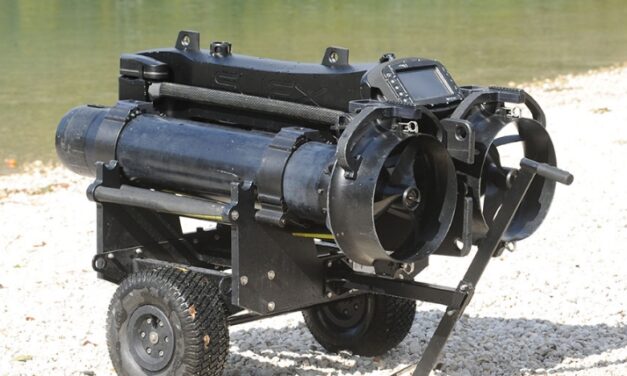
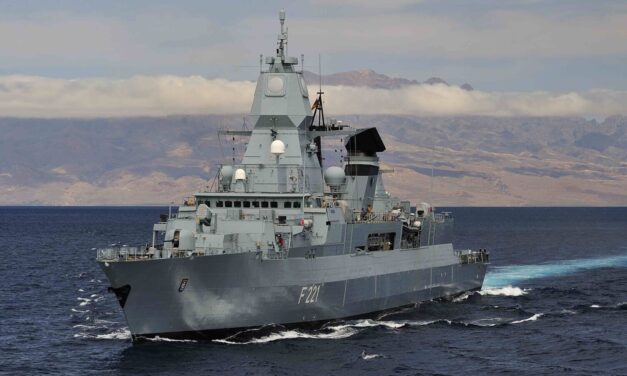
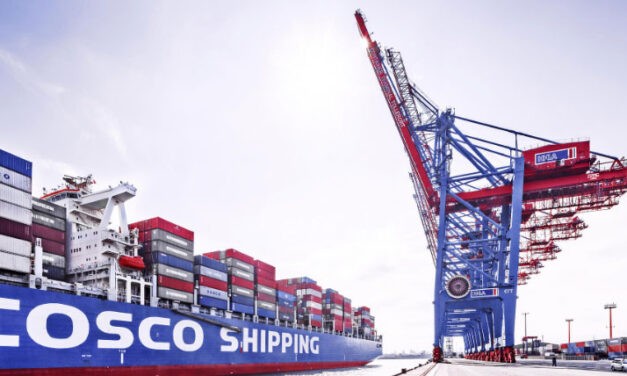
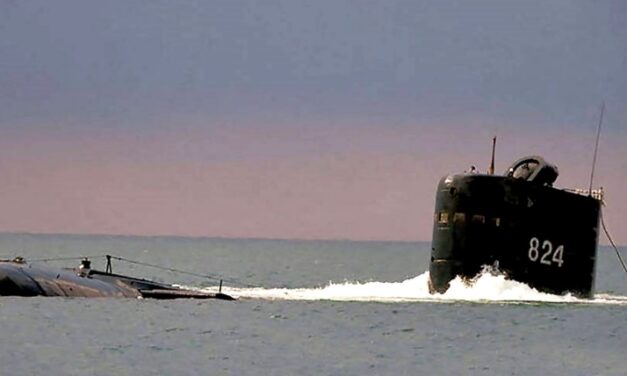
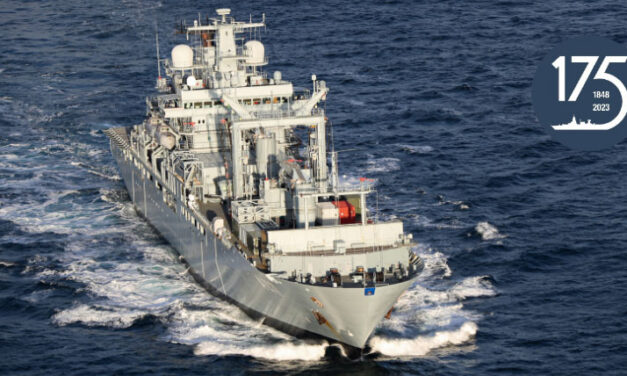
Latest comments